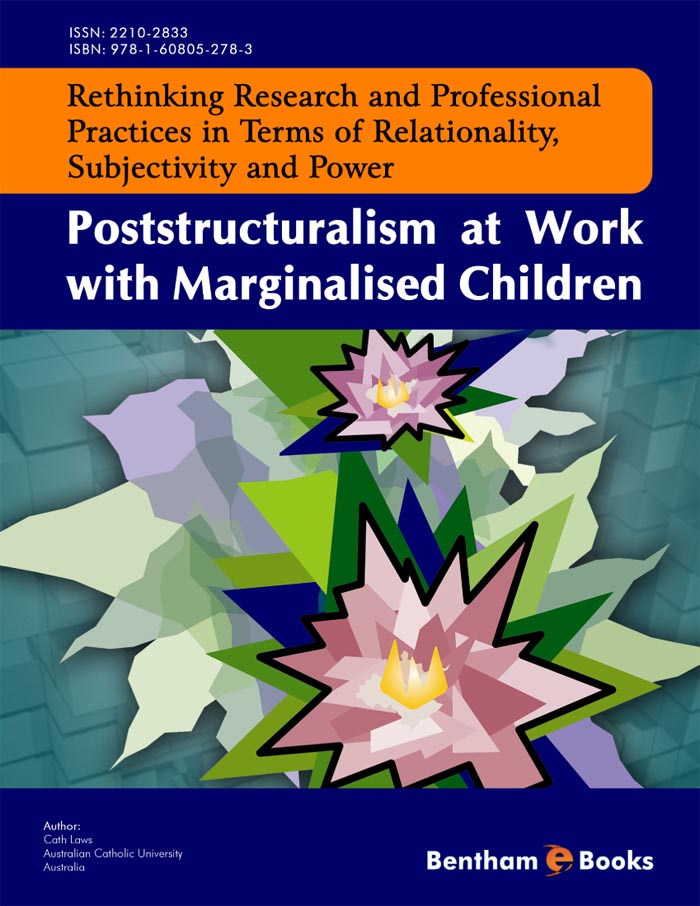Introduction
This book aims at developing the capacity to apply poststructuralism in a setting where other discourses are dominant. It focuses on working both with students categorized as 'emotionally/behaviourally disordered' and their teachers in the context of a special education school. This unique work comes to understandings, using poststructuralist theory, about what it means to be positioned in the world as emotionally/behaviourally disordered.
Using these understandings it then looks at developing strategies for working with students and staff to enable them to become people who can begin to understand the multiple and contradictory discourses shaping them and shaping the social world they inhabit, such that they begin to develop strategies to undo their marginal positioning.

